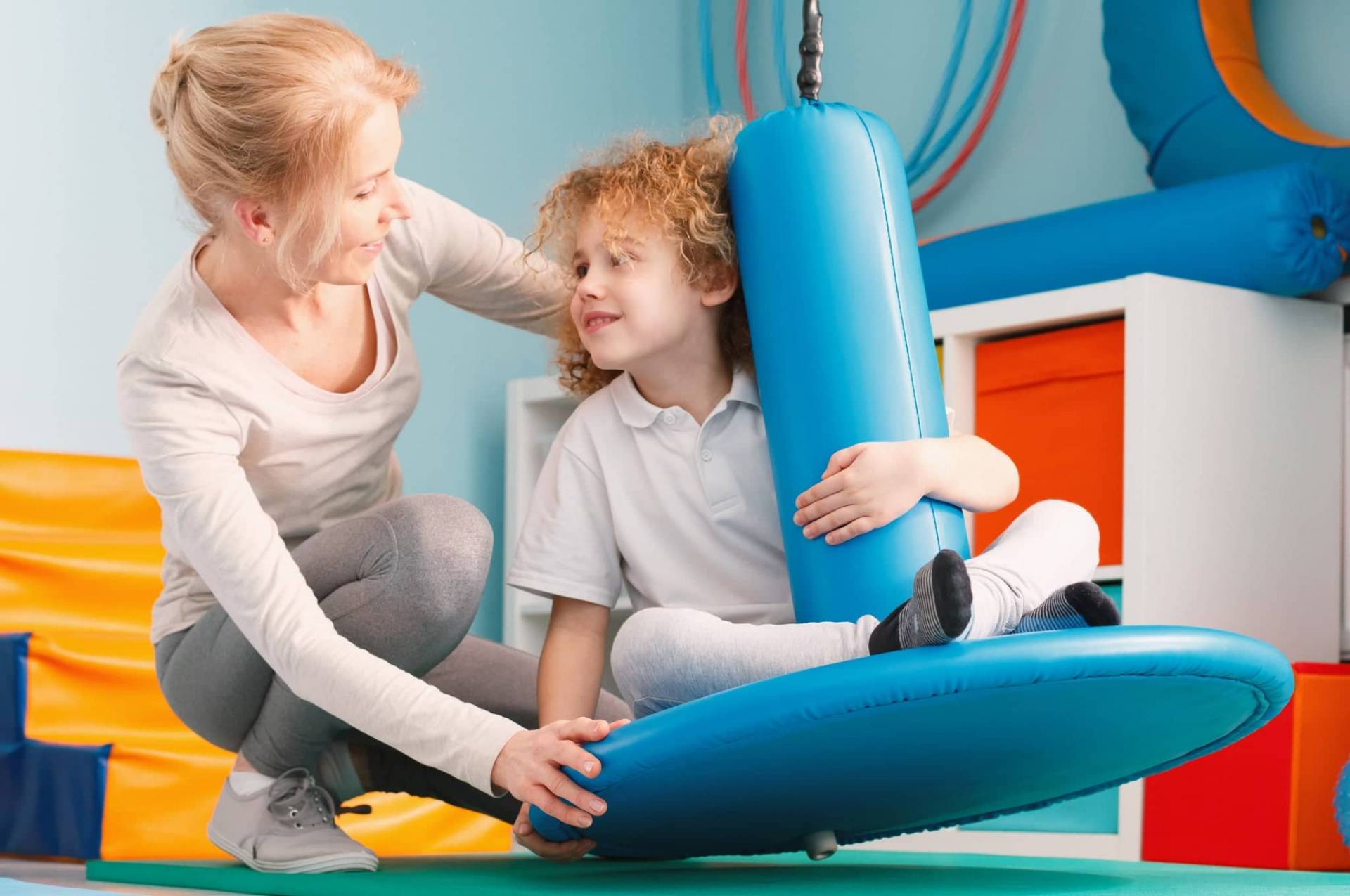

WHAT WE DO
Our Therapies
Everyday Step-Up provides a wide range of services to people of all ages living with a disability. We provide occupational therapy, speech pathology, physiotherapy, early childhood intervention, positive behavior support, group programs, and Habit Coaches. Our therapists visit you in your home, work, school, and other places in your community. We support you and your support network so you can live a more fulfilling and independent life.
WHO WE SUPPORT
Age Group
We support people of all ages to live to their full potential and enjoy everyday life. Some people may need assistance for a short time early in life to address a delay in development or learning. Others require support throughout their life at specific times to help them address issues that arise at different life stages or stages of their disability or illness.
Our therapists work with people with a wide range of physical, social and intellectual disabilities and their families to focus on their specific needs and situation to achieve their goals.
Early Childhood
Teenagers
Children
Adults
OUR TEAM
Our Therapist

Dr. Nishant Jalgaonkar
Founder & Director (Bachelor of Occupational Therapist)

Madhuri Nilakhe
Speech Therapist

Dr. Amruta Suhas Baitmangalkar
Occupational Therapist

Rutuja C. Satam
School counsellor, Special / Remedial Edu. Grapholist

Dr. Vaishnavi Desai
Jr. Occupational Therapist

Purnima Sandeep Bose
Receptionist
FREE CONSULTING
We help kids go from quiet to confident.
We know that people develop and grow when they are engaged in activities that are relevant to them. We not only intuitively know this but it is what the research tells us. This is why our therapy is focused on delivering on what is important to the person and importantly is delivered where a person lives, works learns, or plays. At stepup rehab, we are here to support you. Simply contact us and a member of our team will get back to you.
FAQ
Some Questions & Answers
Occupational therapy practitioners are health professionals who help individuals live as fully and independently as possible. They specialize in helping individuals who are sick, disabled, or developmentally challenged develop the skills they need for everyday life. OT Intervention focuses on occupations that can be as basic as getting dressed and eating or as complex as socializing and holding a job.
Occupational therapists are trained in the detailed mechanics of hand function as well as all other aspects that relate to the task of handwriting. The skill of handwriting requires several underlying skills before a child can effectively write. The skills that are needed for handwriting are: Body & Spatial Awareness, Laterality, Directionality, Visual Perception, Visual Motor, Integration, Postural Stability, In Hand Manipulation, Hand Separation, Hand Strength, Movement & Position Awareness, Motor Planning, Ocular Motor Control, Bilateral Integration, Eye Hand Coordination, Sensory Integration, Tactile Discrimination, Memory, Attention, Orientation to Letters, and Sequencing. It is hard to know exactly what is at the root of a handwriting problem without a thorough assessment from an occupational therapist.
Some signs of sensory processing difficulties are:
• Overly sensitive or under reactive to sight, sounds, movement, or touch.
• Can’t get “enough” sensory input: moving, bouncing, squeezing, or mouthing.
• Difficulty with behavioral and/or emotional regulation. Easily overwhelmed (may result in overexcitement, meltdowns or shutting down.)
• Has poor muscle tone, fatigues easily, leans on people, or slumps in a chair. Uses an inappropriate amount of force when handling objects, coloring, writing, or interacting with siblings or pets
• Is clumsy, falls frequently, bumps into furniture or people, and has trouble judging position of body in relation to surrounding space.
• Has difficulty learning new motor tasks; experiences frustration when attempting to follow instructions or sequence steps for an activity.
• Avoids playground activities, physical education class, and/or sports
• Difficulty learning how to play or get along with other children
• Difficulty with everyday activities like eating, sleeping, brushing teeth or getting dressed
• Problems learning to color, cut, draw or write
• Difficulty transitioning from one activity or place to another
• Challenges in school, including attention, organizational perception and listening skills.
Yes, there are many things you can try before contacting a speech pathologist.
1. label or name everything you see using one word – this is a great way to increase receptive vocabulary
2. keep instructions simple using short phrases (i.e. “put in,” “go bye-bye,” “all done play-doh”)
3. facilitate anticipatory communication by setting up fun, repetitive routines (such as pushing cars off a table, swinging him in the air, etc.) Once he knows and understands the routine, cue him to verbalize or gesture for continuation of the activity (i.e. “car fall,” “up,” or “more”)
4. establish visual attention when talking to him
5. do not anticipate his needs but rather reward his communication attempts by giving him the desired objects or actions once he uses a vocalization or a word.
If communication doesn’t improve, it may be time to have a speech-language pathologist evaluate your child. This is generally accomplished in a play-like environment, so it is not a traumatic event! A therapist will assess his ability to name items while playing, but also his comprehension skills or receptive language (i.e. follow directions, play with items in a typical manner, answer yes/no questions, demonstrate knowledge of familiar items, etc.) The therapist will then compare his communication skills with that of a typically developing child of his age and determine if therapy is warranted.
